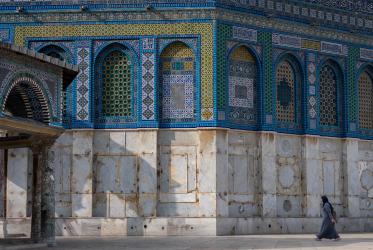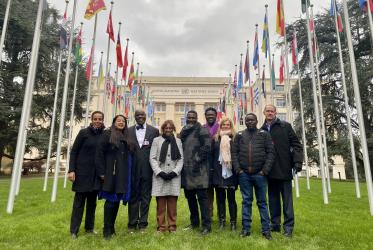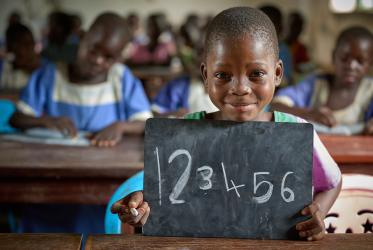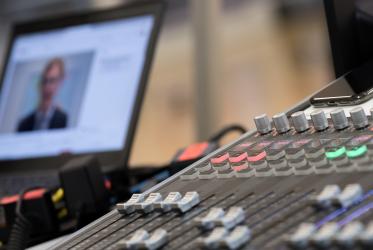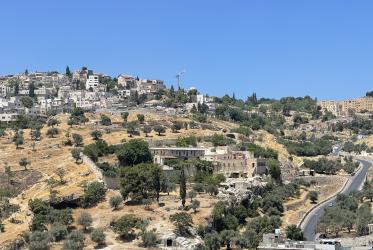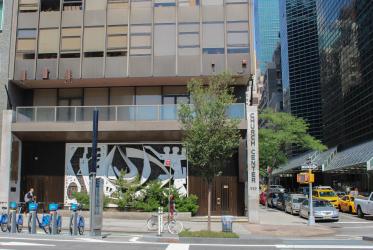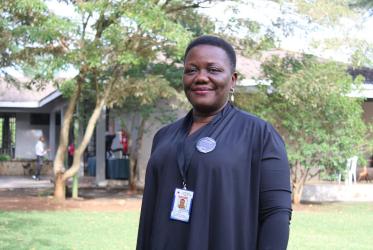Displaying 101 - 120 of 261
As Bethlehem prepares for Christmas, ‘it’s all about community’
08 December 2022
WCC helps churches connect with UN on racial justice issues
09 November 2022
„Donnerstags in Schwarz“ zeigt sich in New York City
13 October 2022
In New York City, the spirit of Thursdays in Black is thriving
06 October 2022
Ukraine: Auf humanitäre Bedürfnisse reagieren
27 September 2022
Ukraine: Responding to humanitarian need
08 September 2022
